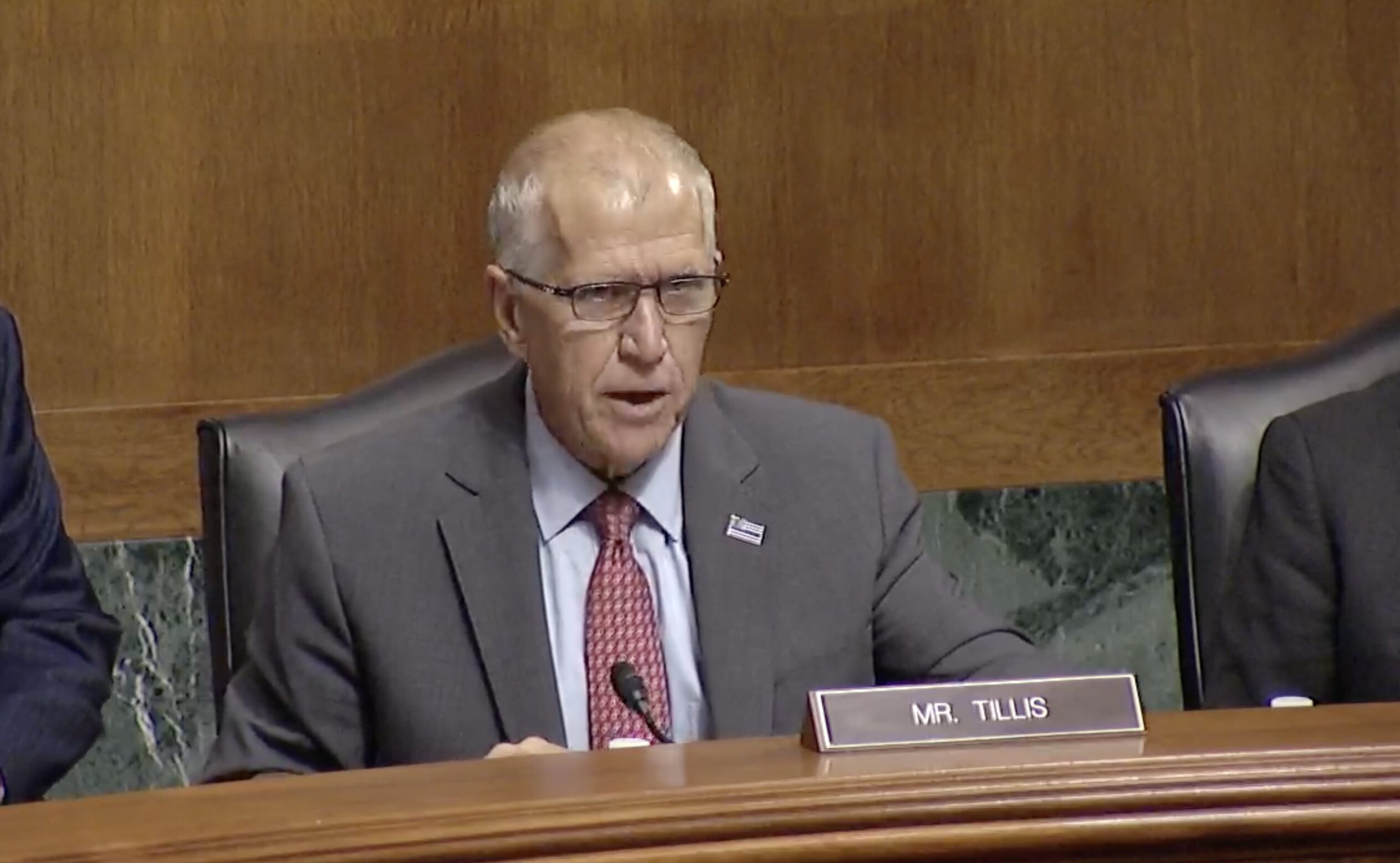
"Eight witnesses across two panels testified today during a hearing of the Senate Subcommittee on Intellectual Property to discuss perspectives on the latest version of the Patent Eligibility Restoration Act (PERA), which its key sponsor, Senator Thom Tillis (R-NC) expressed urgency about passing before he retires from congress in 452 days. Titled, "The Patent Eligibility Restoration Act - Restoring Clarity, Certainty, and Predictability to the U.S. Patent System," the hearing's first panel included three pro-PERA witnesses and one who was against passage."
"PERA 2025 would reset the law of patent eligibility in the United States to where it was before the U.S. Supreme Court's rulings in Mayo Collaborative Services v. Prometheus Labs., Inc., 566 U.S. 66 (2012) and Alice Corp. v. CLS Bank Int'l, 573 U.S. 208 (2014). Earlier versions of PERA would have also directly overruled the Supreme Court decision in Assoc. for Molecular Pathology v. Myriad Genetics, 569 U.S. 576 (2013), which held that isolated DNA is not patent eligible."
"Mike Lemon of the National Retail Federation warned that passing the bill will return the retail industry to the days of "patent trolls" abusively targeting retailers will low quality patents."
Eight witnesses testified across two panels during a Senate Subcommittee on Intellectual Property hearing on the latest version of the Patent Eligibility Restoration Act (PERA). Senator Thom Tillis urged passage before his retirement in 452 days. Two former USPTO Directors, Andrei Iancu and David Kappos, and Mark Cohen supported PERA, while Mike Lemon warned the bill could revive abusive "patent trolls" targeting retailers with low-quality patents. PERA 2025 would restore patent-eligibility law to its pre-Mayo and pre-Alice framework and modifies prior language about isolation to state that unmodified human genes as they exist in the body are not patent eligible.
Read at IPWatchdog.com | Patents & Intellectual Property Law
Unable to calculate read time
Collection
[
|
...
]